News
-
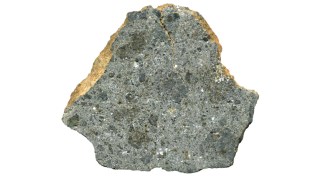 Planetary Science
Planetary ScienceWater arrived on Earth earlier than thought
Ancient meteorites from the asteroid Vesta indicate that Earth’s water was available before planet formed.
-
 Psychology
PsychologyRip-off victims prefer compensation to retribution
But those acting on behalf of victims favor a punishment that fits the crime.
By Bruce Bower -
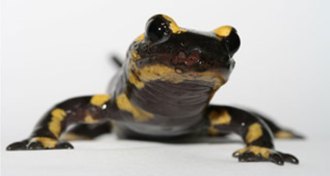 Life
LifeClose look at new fungus reveals origins, spread of salamander killer
A second chytrid fungus described last year targets salamanders and may be spreading in the animal export trade.
By Susan Milius -
 Earth
EarthEarly animals couldn’t catch a breath
Low levels of oxygen may have hindered evolution of animal life hundreds of millions of years ago.
-
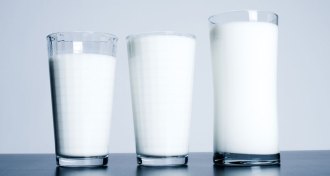 Health & Medicine
Health & MedicineHeavy milk drinking may double women’s mortality rates
In a study of 60,000 Swedes, drinking three or more classes of milk a day was associated with higher chances of death, cancer and hip fractures.
By Nathan Seppa -
 Health & Medicine
Health & MedicineHarmless bacterium edges out intestinal germ
Researchers treated C. difficile infections in mice with a closely related bacteria that blocks C. difficile growth.
-
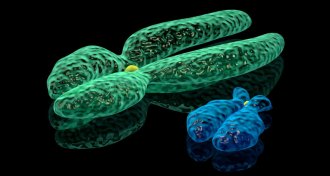 Genetics
GeneticsMen who lose Y chromosome have high risk of cancer
Losing the Y chromosome in blood cells may bring on cancer and shorten men’s lives.
-
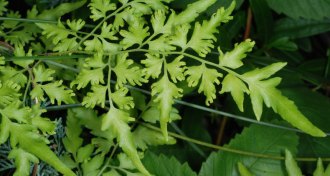 Plants
PlantsHow female ferns make younger neighbors male
Precocious female ferns release a partly formed sexual-identity hormone, and nearby laggards finish it and go masculine.
By Susan Milius -
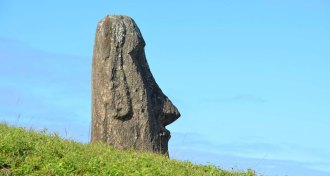 Genetics
GeneticsEaster Islanders sailed to Americas, DNA suggests
Genetic ties among present-day populations point to sea crossings centuries before European contact with Easter Island.
By Bruce Bower -
 Science & Society
Science & SocietyE-commerce sites personalize search results to maximize profits
Travel and retail websites alter search results depending on whether consumers use smartphones or particular web browsers.
-
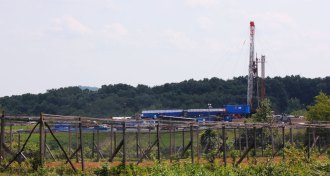 Environment
EnvironmentNo water contamination found in Ohio’s fracking epicenter
Methane in Ohio groundwater comes from biological sources, such as bacteria, not fossil fuel exploration.
-
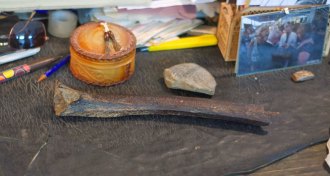 Humans
HumansOldest human DNA narrows time of Neandertal hookups
A 45,000-year-old Siberian bone provides genetic clues about the timing of interbreeding between ancient humans and Neandertals.
By Bruce Bower